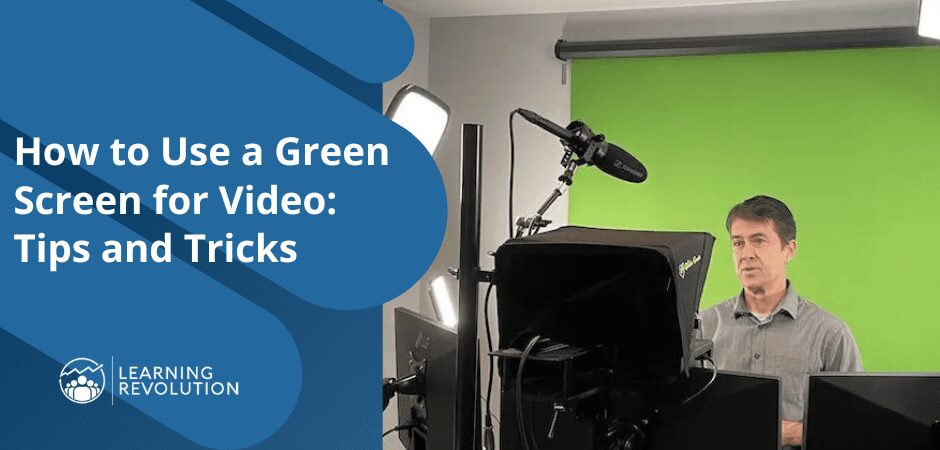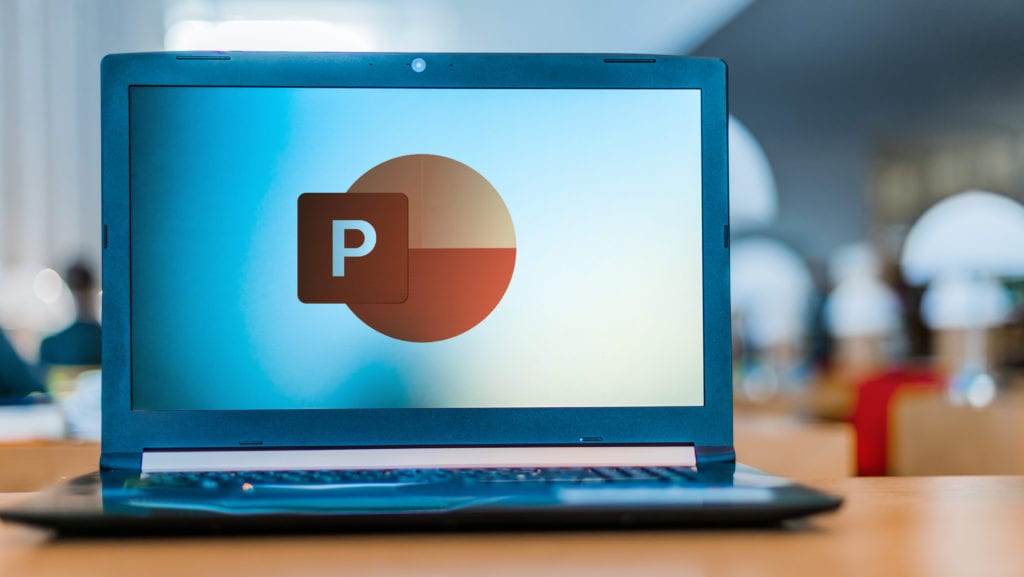What if you could deliver not just the occasional video, Webinar, or online course to your audience, but a bona fide virtual event?
Turns out you can even if you are a small organization or a solopreneur. And – here’s a bonus – it can be highly profitable part of your business model.
In this episode of Learning Revolution, you’ll learn all about what’s going on in the world of virtual events from one of the true experts in the field: Michael Doyle of the Virtual Edge Institute (now the PCMA Digital Experience Institute). One of the reasons I wanted to be sure to have Michael on the show is that I feel like he makes virtual events feel doable. They don’t have to be expensive, high production value extravangzas to get the job done. I’m bettin’ you’re gonna feel that way too by the time you are done with this episode – and you may also feel ready to start planning an event of your own.
So, kick back, set the volume just right, and listen in. (And, of course, be sure to tell the world you are listening to Learning Revolution.)
Listen to the Podcast
Listen in below or subscribe on iTunes or Stitcher Radio.
Podcast: Play in new window | Download | iTunes
Get the Show Notes
00:35 – Shout out to the folks at the Community Learning Network.
01:48 – Introduction of Michael Doyle, Executive Director of the Virtual Edge Institute.
02:20 – To start with, what’s the definition of a virtual event? Michael uses a broad definition – runs the range from conference calls to 2D and 3D virtual environments to Webcasting and 2-Way video conferencing.
03:30 – Has there been a lot of growth? 2008 was an inflection point, driven by the economic crisis. That’s when people really started looking for solutions to replace travel. That’s when the hockey stick growth curve hit – though growth has stabilized since.
04:45 – There are obvious reasons for organizations to embrace virtual events – to save costs, reach more people, etc – but do participants like them or do they just put up with them? Michael says that virtual doesn’t seem likely to replace face-to-face, but they have become a valued alternative.
06:00 – He stresses that, in contrast to traditional events, it is much more about the content, since you just don’t have as much of the face-to-face networking value. He finds that’s still true even given the tools that are available. If it’s good content that people want and they can’t get to the event otherwise, then participants tend to be very satisfied. The vast majority of people still prefer face-to-face, but when they can’t do face-to-face, they appreciate the fact that they have another good option.
07:45 – Michael says he stresses that “good enough” is often all you need. It doesn’t have to be super high production value.
08:05 – Do you have to think about the content in a different way? Shorter content tends to be better – but that is true in face-to-face meetings as well. There is much more emphasis in general these days on “chunking” content to align with how people actually process information.
09:25 – Most of the major virtual events seem to be put on by big organizations – large associations or companies like Cisco, for example. Is this within the reach of smaller organizations? Michael stresses again that “good enough” often works and also that people are appreciative of having the option – you just have to manage expectations.
10:50 – Streaming technologies like UStream and LiveStream are within the reach of even the smallest organizations. The Logitec Broadcaster camera for UStream is great tool that can be used with smaller meetings and conferences. The cost is low, though obviously there is a big do-it-yourself aspect to this approach and not the kind of safety net you get with a professional event support provider. Still, even large organization like Cisco have smaller groups within them that take advantage of low or no budget options like Skype and Google Hangouts. [Listen in for further discussion on low budget options.]
14:20 – What about individual subject mater experts – trainers, speakers, etc? How should they be thinking about virtual events? Michael says its great practice and will help sol experts’ understanding of virtual events if they get out there and do some of their own. And he stresses that you have the content available afterwards for on-demand access (e.g., for marketing or as a training product).
15:50 – At the very least, you want to be well versed in how to present and how to engage an audience when you are doing a virtual event.
16:15 – And are people actually making money off of virtual events at this point? Michael says its all over the board – some are monetizing directly – i.e., through charging fees – others are using them more for promoting other products or services. But people are definitely making money.
17:30 – The advertising and exhibitor approach does not have quite as much traction, though it depends on the organization – some organizations do quite well with this model. Still, Michael recommends starting with selling the content directly first, and then look at options like sponsorships.
18:50 – What’s Michael see coming in the future? Listen in to hear his thoughts. In his comments he mentions tools like Poll Everywhere – a great audience feedback app that let you use mobile devices to easily poll attendees at an event. Some of the things the Virtual Edge Institute has planned include its Digital Events Strategist education program and certification. They are also seeing early success with their Digital Events Center Program through which they provide training for convention centers and also provide fixed-price virtual events packages for meeting planners.
23:05 – Find Michael and the Virtual Edge Institute at virtualedgeinstitute.com (now the PCMA Digital Experience Institute).
If you have questions you’d like me to address on the show or guest you would like to see on the show, be sure to drop me an e-mail or leave me a voice mail (look over to your right).
***
As always, if you like the Learning Revolution podcast, I’d be sincerely grateful if you would do a rating and/or brief review on iTunes. (Once you reach the iTunes Web page, click “View in iTunes” and then select the “Ratings and Reviews” tab.)
- I encourage you to browse past Learning Revolution episodes.
And please tell others about the Learning Revolution. Thanks!
Podcast: Play in new window | Download | iTunes
The theme music for Learning Revolution is The Information Age by Anthony Fiumano, available on the Podsafe Music Network.



